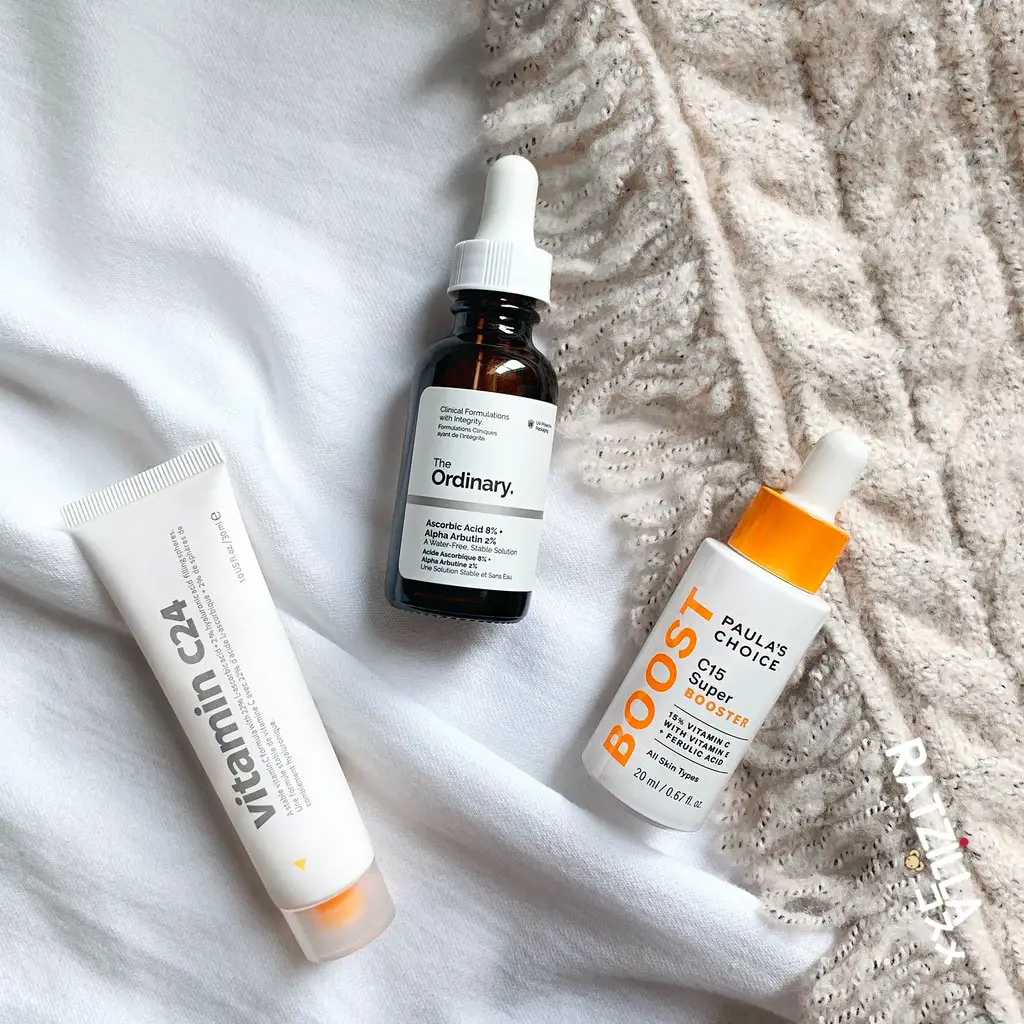
Do you really need to wait a certain amount of time in between applying vitamin C serum or treatment to avoid different pH levels conflicting?
This is one skincare “rules” that have no scientific backing. If you research it, for example, none of the studies that look at topical vitamin C ever use or specify any wait time. They still all displayed positive results, so waiting a set amount of time doesn’t seem to matter much. A lot of variables have been tested by actual scientists, such as different formulas, liposomes, so if someone thought that just waiting 20-30 minutes would make a difference then we’d heard of it by now.
Also, how does anyone figure out that their skin’s pH “resets” over those arbitrary time frames? Did they measure it somehow? Because it takes a lot of factors (e.g. water quality, cleanser’s formula, etc.) and is highly individual. Skin surface’s ideal pH is not just one set value — it’s a broad range from pH 4.0 all the way to 6.0. My own skin’s ideal pH and how long it takes to recover would most likely be different from yours. It’s a bit of a stretch to believe that give or take 30 minutes makes any difference. And according to one study on PudMed, “the skin pH recovery needs time up to several hours before it can reach the physiological level”.
Another thing to consider is what happens with skin moisture during those waiting periods. Even just rinsing with lukewarm water disrupts the skin’s moisture barrier. If someone’s skin is feeling dry or tight, then a bit of moisturiser of some sort would be nice. But you can’t because you have to wait, so what would these bloggers do? Let skin dehydrate for half an hour or ‘no vitamin C for you!’?
Some say a “pH-adjusting toner” can be used in lieu of (or in addition to) wait time. Using this kind of toner isn’t enough to substantially change how effective a product with pH-dependent active is at penetrating the skin. There is simply no scientific basis for them — it cannot instantly lower the skin’s surface’s pH in any meaningful way. Even if it does, pH-dependent ingredients depend on the product’s formula and its pH, not the skin’s! If toners help the product work better in any way, it’s more likely because they dampen (and soften) skin, which can enhance the absorption of certain products.
If someone sees a noticeable difference by stretching their skincare routine out, that’s perfectly fine, but that doesn’t mean everyone has to subscribe to that dogma seeing as the evidence or logic for that particular habit isn’t exactly rock solid.